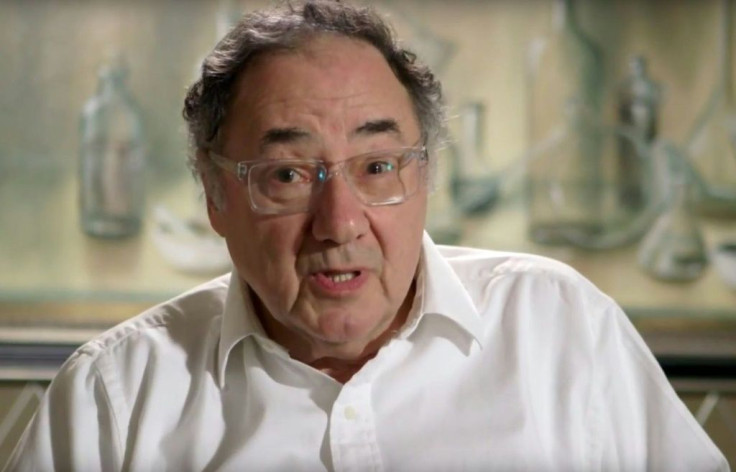Canada Top Court Unseals Murdered Tycoon's Estate Files
Canada's Supreme Court on Friday unsealed the estate files of slain pharmaceutical tycoon Barry Sherman and his wife -- whose murders remain unsolved three and a half years on.
The 75-year-old chairman of global generic drug supplier Apotex and his 70-year-old wife Honey were found dead of strangulation in their Toronto home in December 2017.
Their trustees obtained an order to keep private the trove of documents that include the couple's will in order to stem intense media scrutiny.
But that was challenged by the lead police investigator -- who'd also been denied access to the documents -- and a Toronto Star journalist reporting on the case.
The top court in a unanimous decision upheld an appeals court order unsealing the files. Court proceedings and documents, it said, must be open and accessible to the public in order to maintain confidence in the justice system.
Exceptions are made, but the court found that the trustees in this case failed to establish a serious risk to their safety and privacy -- as the basis for wanting to keep the files secret.

Justice Nicholas Kasirer said the court recognized that the so-called "open court principle is protected by the constitutionally entrenched right of freedom of expression and, as such, it represents a central feature of a liberal democracy."
"As a general rule, the public can attend hearings and consult court files and the press -- the eyes and ears of the public -- is left free to inquire and comment on the workings of the courts, all of which helps make the justice system fair and accountable," he said.
Kasirer added that "inconvenience and embarrassment" to individuals resulting from personal information being disseminated in court is not enough to justify limiting the public's access.
Being linked in the Sherman documents to victims of unsolved murders "may be a source of discomfort," he said, but it "has not been shown to be an affront to dignity."
Police had initially suspected a murder-suicide in the deaths, but later ruled them "targeted" homicides.
© Copyright AFP 2024. All rights reserved.





















